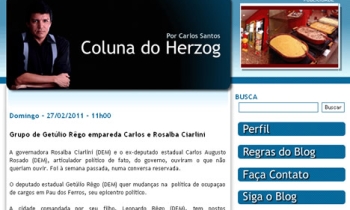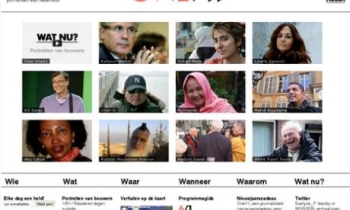LONDON -
Thomson may have done extensive homework before revealing its $18 billion takeover bid for Reuters Group on Tuesday, but even that may not be enough to ensure that a tie-up between the world's second- and third-largest providers of financial data gets past the regulators.
Analysts say competition concerns will be the deal's main stumbling block. "A move to a global duopoly in market data would likely trigger a lengthy antitrust investigation on both sides of the Atlantic," Merrill Lynch said in a research note.
Bloomberg is currently the market leader in the financial information market, with a 33% share-- Reuters trails that with about 23%, while Thomson Financial has 11%, according to Inside Market Data Reference, a comparative business-intelligence company. A combined 34% market share would put the merged company just ahead of Bloomberg and effectively divide the market into three parts, limiting the choice for users to two media powerhouses and a gaggle of smaller companies.
On Tuesday, the companies announced they were still discussing Thomson's $17.5 billion cash-and-stock takeover, saying they aimed to save over $500 million within three years through their union.
Reuters said the proposed terms, involving cash and equity, would value its stock at 705 pence ($14.07) per share, compared with its closing price on Friday of 615 pence ($12.24). Reuters closed up 14.25 pence (28 cents), or 2.3%, to 630 pence ($12.54) on Tuesday in London. Thomson was down $1.66, or 3.9%, at $41.14, in afternoon trading in New York.
"Both boards believe there is a powerful and compelling logic for the combination which would create a global leader in the business-to-business information markets," the companies said in a joint statement.
They added that the proposed merger was "a large and complex transaction" and that there was no assurance an agreement would be reached. If a deal is achieved, the enlarged company would have a dual listing structure, retaining "primary listings" in London and Toronto.
One other obstacle is the issue of editorial independence at the 156-year-old Reuters, something which until now has been safeguarded by a private body within the company called The Founders Share Company. The organization, headed by a board of 18 directors, was set up in 1941 during World War II in a bid to prevent parties from axis powers like Germany or Japan from buying into the agency.
The Founders Share Company has a so-called golden share, which allows it to block any takeover of the business. If the Thomson bid is to go through, it must have the backing of 75% of the board.
If the directors believe that another party wants to obtain control of Reuters, they are allowed to exercise 30% of the votes cast at a shareholders meeting, according to the Reuters Web site. If a party owns more than 15% of Reuters shares, the directors must also ask the holder to take its stake below 15%.
What might stand Thomson in good stead is the fact that its proposed new entity, Thomson-Reuters, would assume the Reuters principles of editorial independence and the Reuters Founders Share Company structure.
And while the Thomson family's Woodbridge investment company will own 52% of the merged entity--well above the 15% threshold that the board must guard--Thomson's bid will be helped by the fact that the clan has connections to Britain's newspaper establishment. Thomson's chairman, David Thomson, is the grandson of Lord Thomson of Fleet Street, that being the famous road in London on which many of the U.K.'s biggest newspapers, along with Reuters, used to be based.
That, coupled with Thomson and Reuters' Commonwealth background and Thomson's reputation as a hands-off proprietor, makes the Founders Share directors look like less of an obstacle compared with the regulators in the U.S., Canada and the U.K. that the two companies will now face.









